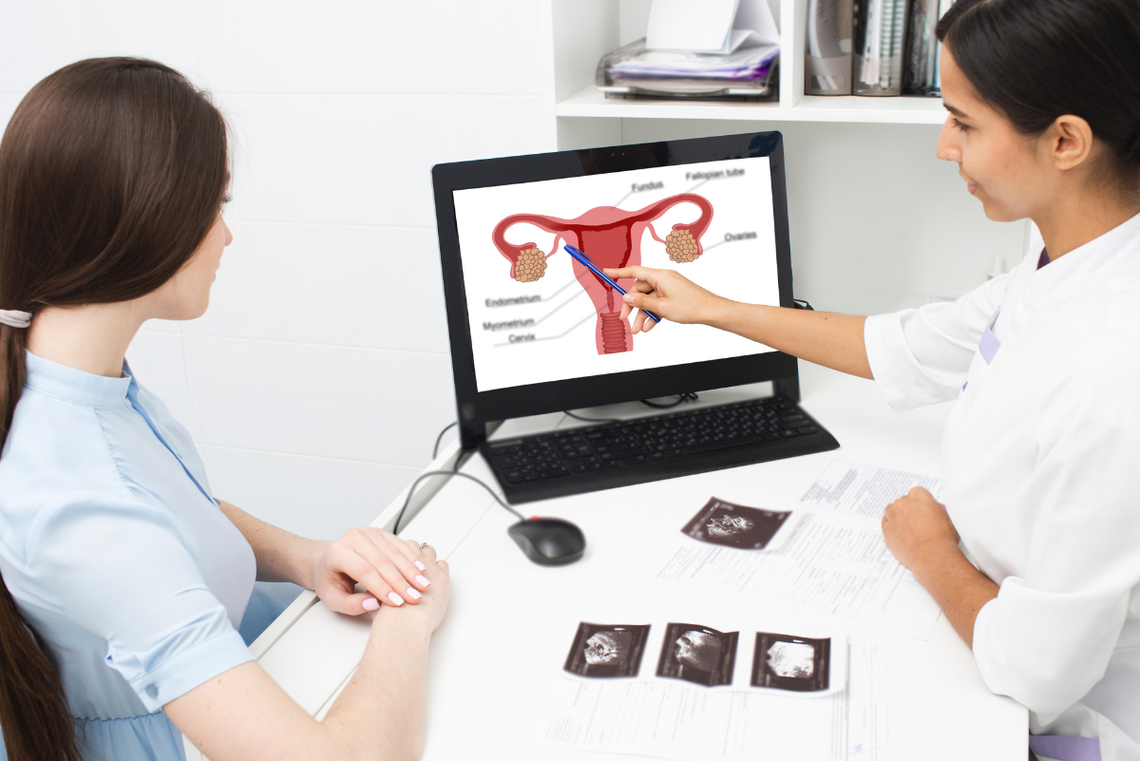Intrauterine Insemination (IUI) and Other Treatments
Not every fertility care plan begins with advanced treatment. When a little extra support is all that’s needed, your fertility specialist may suggest starting with lower-intervention options like IUI, cycle monitoring, or timed intercourse.
Sperm collection—whether from a partner or donor—is managed with the utmost privacy and care, either at home (for those living close to the clinic) or in one of our dedicated private collection rooms—whichever option works best for you.
Once collected, the sperm is carefully analyzed and prepared in our laboratory to enhance the chances of successful conception.
In this simple, quick procedure, the physician will use a thin, flexible catheter to deposit a sperm sample in the uterus. The procedure is painless and you can get back to your normal activities in minutes.
Using a Partner's Sperm
If it’s an option for your family, you may choose to use one partner’s sperm for insemination. This could be necessary due to a number of factors:
Fertility problems associated with a lower sperm count or motility
Erectile dysfunction.
Repeated failures with ovarian stimulation.
Cervical factor infertility or endometriosis
Infertility following cancer treatment
Using a Donor's Sperm
For a variety of reasons, you may opt for IUI using donated sperm. The process is performed in largely the same way, and is a good option in case of:
Major sperm abnormalities, such as a total absence of sperm
Hereditary genetic diseases or infectious diseases
Isoimmunization and other related problems
Infertility following a cancer treatment
Absence of a partner who can provide sperm
Ovulation Induction
Your specific reproductive situation may call for help with ovulation. This common technique involves fertility medication to induce the production and release of eggs from the ovaries. The medication is accompanied by testing and advice to increase your chances of success.
Here's what the process typically involves:
Medication that stimulates your ovaries to grow one or more mature eggs
Blood testing and ultrasound to determine your optimal window for conception
Timed intercourse or lUI when the time is right

Cycle Monitoring & Timed Intercourse
Cycle Monitoring
Using ultrasound and hormone tests, we can track your follicle development, ovulation, and uterine lining thickness to help optimize your odds of conception. This process helps your doctor to precisely time and tailor your treatment plan.
Timed Intercourse
Timed intercourse involves planning intimacy around ovulation, offering a simple way to enhance natural fertility.
Timed intercourse helps support natural conception by guiding you to try during the most fertile part of your cycle.
Timed intercourse is a well-established approach that increases your chances of conception by aligning intercourse with your ovulation window.

When More Support Is Needed
Some paths to pregnancy require a little more science and support. In Vitro Fertilization (IVF) may be the next option your care team explores with you.

Ready to Take the Next Step?
Let’s Grow Your Family Together